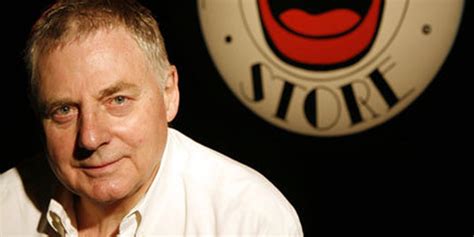A Quote by Bertrand Russell
Many orthodox people speak as though it were the business of sceptics to disprove received dogmas rather than of dogmatists to prove them. This is, of course, a mistake.
Related Quotes
The Four Noble Truths are pragmatic rather than dogmatic. They suggest a course of action to be followed rather than a set of dogmas to be believed. The four truths are prescriptions for behavior rather than descriptions of reality. The Buddha compares himself to a doctor who offers a course of therapeutic treatment to heal one’s ills. To embark on such a therapy is not designed to bring one any closer to ‘the Truth’ but to enable one’s life to flourish here and now, hopefully leaving a legacy that will continue to have beneficial repercussions after one’s death. (154)
Commonplace people have an answer for everything and nothing ever surprises them. They try to look as though they knew what you were about to say better than you did yourself, and when it is their turn to speak, they repeat with great assurance something that they have heard other people say, as though it were their own invention.
For the only way one can speak of nothing is to speak of it as though it were something, just as the only way one can speak of God is to speak of him as though he were a man, which to be sure he was, in a sense, for a time, and as the only way one can speak of man, even our anthropologists have realized that, is to speak of him as though he were a termite.
What I like about sceptics is that in good science you need critics that make you think: 'Crumbs, have I made a mistake here?' If you don't have that continuously, you really are up the creek. The good sceptics have done a good service, but some of the mad ones I think have not done anyone any favours.
There are so many movies like this, where you thought you were smarter than the screen but the director was smarter than you, of course he's the one, of course it was a dream, of course she's dead, of course, it's hidden right there, of course it's the truth and you in your seat have failed to notice in the dark.


































